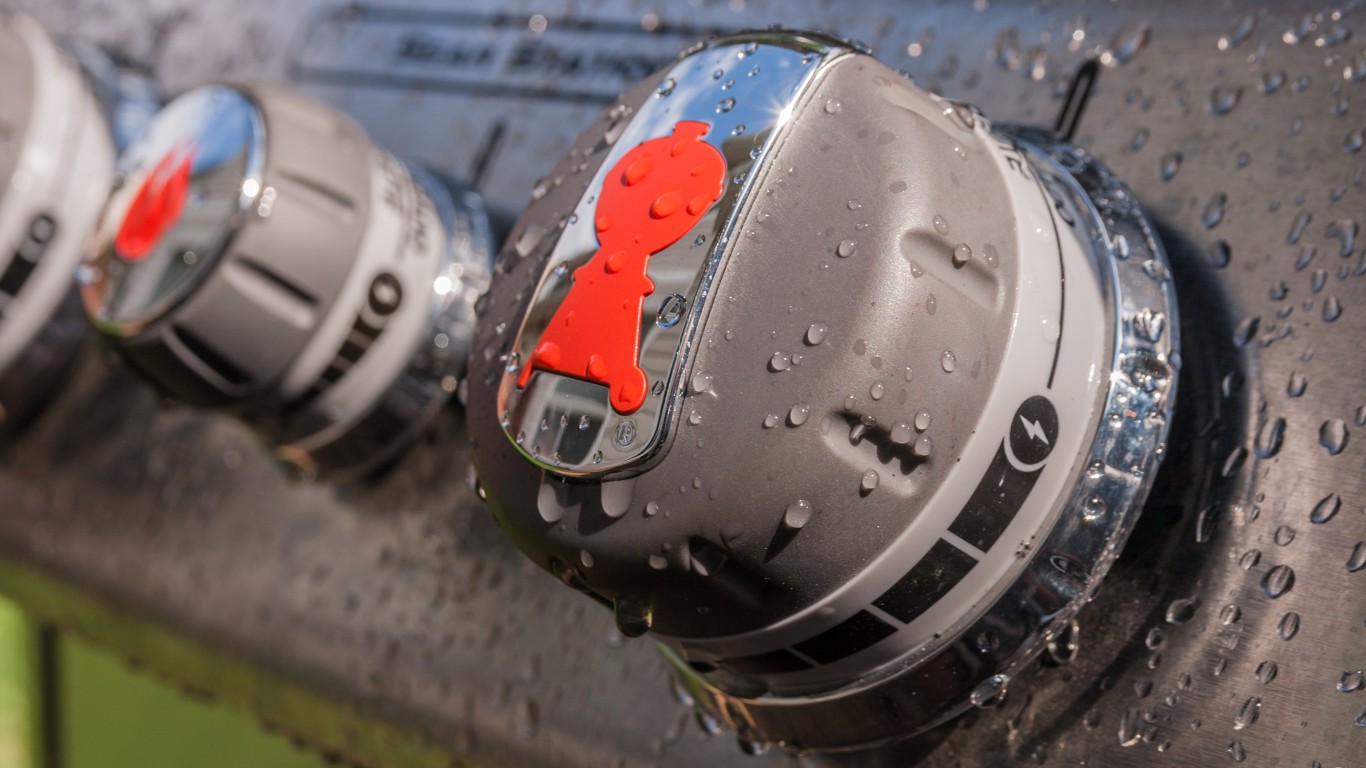Investing
Weber Stock Looks Primed For Short Squeeze as Financial Pressures Bite

Published:
Last Updated:

Weber (US:WEBR) shares were volatile again on Wednesday, falling more than eight percent after Bloomberg News reported it hired Centerview Partners to handle a proposed debt sale to its largest shareholder, 48% owner Chicago-based private equity firm BDT Partners, citing people familiar with the situation.
The report sheds light on earlier reports that the company hired Centerview to help review a buyout offer from an unnamed PE firm.
Tuesday’s report initially lifted the iconic barbecue grill and smoker maker’s shares almost 20% before they retreated to close in the red.
According to Bloomberg, Weber’s formed a special board committee to work with bankers on a possible agreement. It said the capital would help it navigate a typical winter slowdown.
Weber, which went public in August 2021, had a tough summer, withdrawing its 2022 full year outlook and announcing Chief Executive Officer Chris Scherzinger‘s resignation. Shortly after, Standard & Poor’s cut Weber’s debt deeper into junk territory.
Its shares lost about half their value this year.
Citigroup provided the most recent rating action on Weber, downgrading the shares to sell from neutral in late August and cutting their price target to $2.75 from $7.
Since July 4, BMO, UBS, Wells Fargo, and Bank of America all downgraded or held their ratings, and all cut their price targets.
In August, the company posted a $7.5 million, or 41 cents a share, fiscal third quarter loss. In the year ago period, with COVID-19 still affecting consumer habits, the company reported a 17.8 million profit.
Analysts had expected a seven cents a share loss.
Sales fell to $527.9 million from $668.9 million.
The crunch drove the company to cut its dividend and unveil a plan “to strengthen our financial position for the fiscal year 2023 and beyond.”
Investors are skeptical.
According to Fintel’s short interest analysis, Weber shares carry some of the most bearish sentiment among the stocks tracked, nothing a 94.3 score, ranking it tenth among the 5,228 firms screened.
The score derives from a multi-factor quantitative model that identifies companies with the highest short squeeze risk. The scoring model combines short interest, float, short borrow fee rates, and other metrics. The number ranges from 0 to 100, with higher numbers indicating a higher risk relative to peers, with 50 being the average.
This article originally appeared on Fintel
Retirement can be daunting, but it doesn’t need to be.
Imagine having an expert in your corner to help you with your financial goals. Someone to help you determine if you’re ahead, behind, or right on track. With SmartAsset, that’s not just a dream—it’s reality. This free tool connects you with pre-screened financial advisors who work in your best interests. It’s quick, it’s easy, so take the leap today and start planning smarter!
Don’t waste another minute; get started right here and help your retirement dreams become a retirement reality.
Thank you for reading! Have some feedback for us?
Contact the 24/7 Wall St. editorial team.